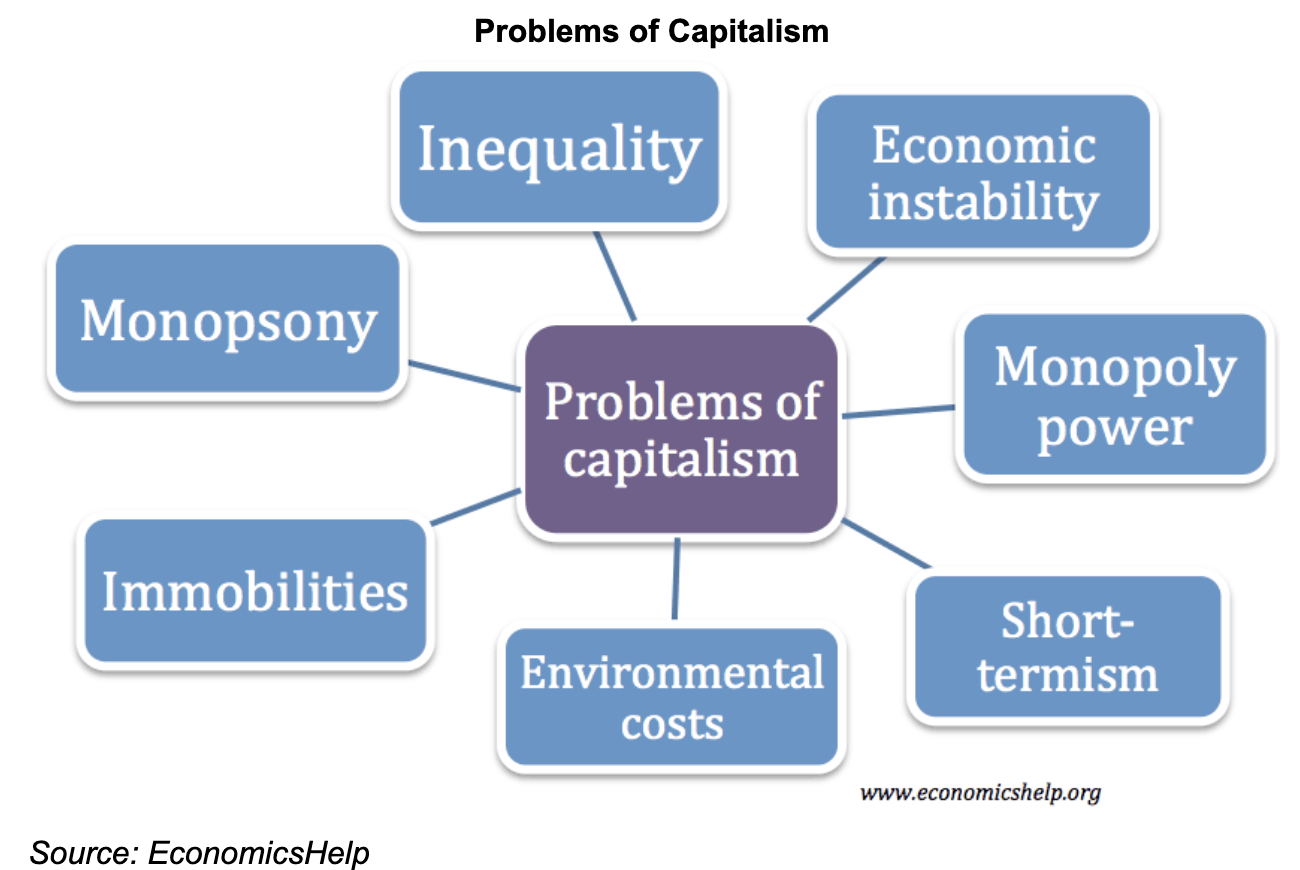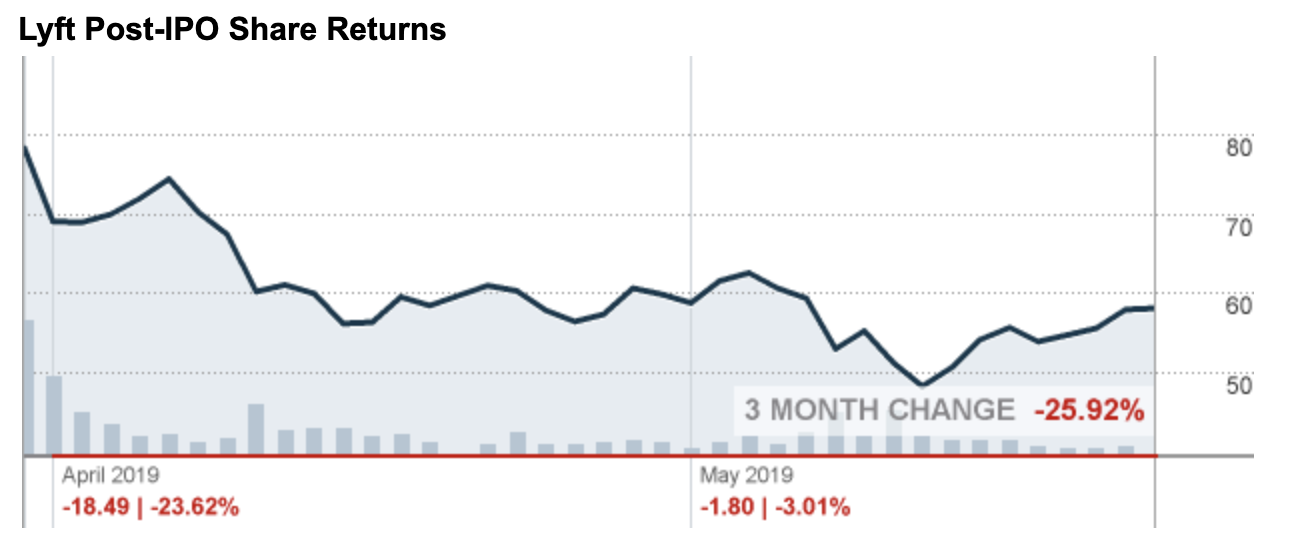Quarterly capitalism and ultra-capitalism have repeatedly come under fire as being overly short-term focussed and myopic, so is this new stock exchange the answer?

(Click to enlarge) U.S. public companies have been reporting financials on a quarterly basis since the wake of the 1929 stock market crash. Disclosure requirements have become even more stringent since the enactment of the Sarbanes-Oxley Act of 2002 following the collapse of energy company Enron—and Wall Street feasts on the deluge of reports like hungry piranhas. Meanwhile, company executives have plenty of incentives, such as hefty stock-based compensation to keep their share prices high at almost any cost.
Several high-profile politicians including President Trump, Hillary Clinton and Bernie Sanders have spoken against this “quarterly” and “ultra-capitalism”; but it’s not just the usual populism that has been at play here. Corporate heads have chimed in, too, with Berkshire Hathaway’s Warren Buffett and JP Morgan’s Jamie Dimon taking issue with companies providing quarterly earnings guidance in an op-ed last year.
And now Silicon Valley says it has come up with a rather quixotic solution. Regulators this month approved the Long-Term Stock Exchange (LTSE), the nation’s 14th largest stock exchange, nine years after it was first mooted in the tech capital of the world.
The exchange’s main goal is to incentivize the next generation of companies to think and plan long-term.

(Click to enlarge)
LTSE IPOs
LTSE CEO Eric Reis says the current corporate culture where everything revolves around the short-term share price including trying to beat Wall Street’s quarterly projections, excessive cost-cutting through shrinking extraneous R&D budgets and activist investors who want to nip and tuck so as to fatten margins is inherently bad and hardly encourages innovation. He observes it’s the reason why new-company listings have fallen off a cliff in recent years, with companies like Spotify and Slack opting to try out other gambits such as direct listings to escape high listing fees.
Related: Africa’s First Unicorn IPO Is Coming To The NYSE
LTSE enjoys the backing of Silicon Valley heavyweights such as Redi Hoffman and is expected to start accepting its first bunch of IPO candidates later this year. The perfect candidates, of course, are companies who find existing exchanges too misaligned with their core values.
Or those who don’t want to deal with the nag of short-term traders including day and activist traders only out for a quick buck and not long-term value-creation. Case in point is Uber and Lyft, whose IPOs have been bedevilled by intense short-selling leading to massive losses in valuation.

(Click to enlarge)
Source: CNN Money
So, will LTSE ban practices like short-selling--betting that a company will lose value--on the platform? Eer, not exactly. In fact, the new exchange won’t place a legal limit on the amount of shares investors can sell at any time. Rather, it intends to ask shareholders to commit to the long-term cause and disclose whether they intend to stick around or play the short game. This way, company founders will have some peace of mind knowing they have enough backing of investors who are more interested in their long-term success.
To be truly democratic, LTSE will ask the founders to sacrifice control of their companies over time. In return for investing over the long-term, shareholders will receive extra voting powers.
Uphill battle
Obviously, LTSE is quite a radical idea whose time may or may not have come, meaning it’s likely to have its work cut out. First off, it’s going to take plenty of elbow grease to convince founders to cede more power and control seeing that many already believe they know what’s best for their companies.
Second, having to compete for listings with behemoths like the NYSE and Nasdaq is certain to be an uphill battle. NYSE has 2,800 companies on its platform with a combined market value of $28 trillion while Nasdaq adds another $10 trillion. There’s a reason why the two exchanges are so dominant. In fact, Reis concedes that unseating the incumbents is a rather unrealistic expectation and sees many of the companies on his exchange co-listing with the giants. Further, LTSE will have to bring Wall Street onboard, which is not an enviable task considering that Wall Street might be in love with Silicon Valley’s heavyweights but is not known to be too fond of innovation itself.
On a brighter note, LTSE’s concessions such as cross-listings are likely to prove an attractive proposition for nervous founders who need to test the waters first.
By Alex Kimani for SafeHaven.com
















